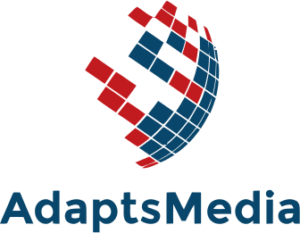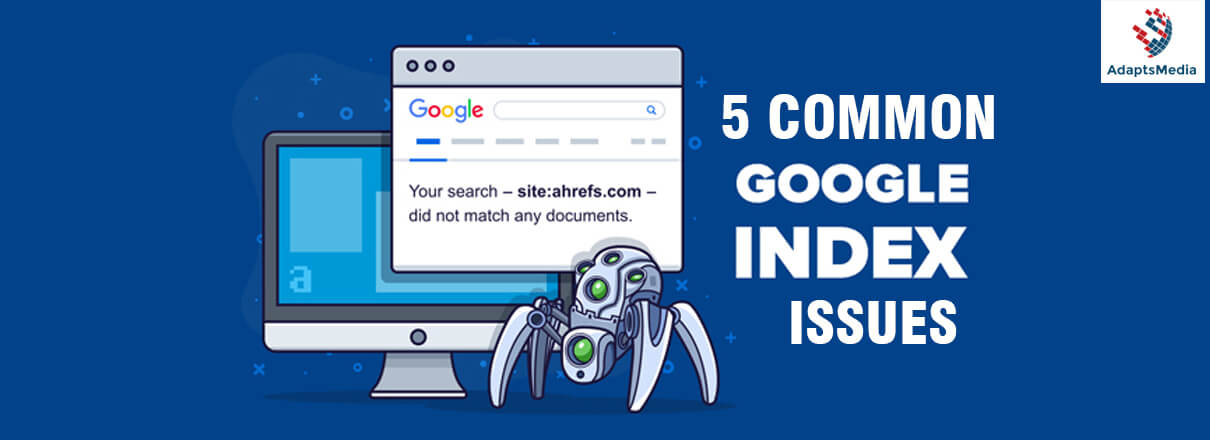Google has repeatedly stated that it doesn’t index every page that it finds on a website. Google search console will tell you the pages on your website that are not indexed by Google. It also provides vital information about the issue that is preventing the search engine from indexing a particular page.
These include but are not limited to server errors, 404s, and hints that the page may have thin or duplicate content. But have you ever come across any concrete research or data which shows the most issues across the whole web?
Well, in this blog, we have thrown light on the most popular indexing issues that are preventing your pages from appearing in SERP.
Let’s discuss in detail!
What’s Indexing?
Indexing is similar to building a library for Google to crawl the websites. If you want your pages to appear in the SERP, it’s essential to make sure that the pages are getting indexed. In layman’s terms, Google mus be able to find and save them. This will help Google properly analyse the content and decide for which queries the pages would be relevant.
There’s no denying that getting indexed is a prerequisite for driving organic traffic from Google. As more and more pages of your site get indexed, you have higher chances of getting ranked on Google. That’s why you must know whether Google can properly index your site.
Here the top 5 issues that affect Google indexing –
- Crawled – currently not indexed (Quality issue).
- Duplicate content
- Discovered – currently not indexed.
- Soft 404
- Crawl issue
Let’s now try to understand each issue in detail.
Quality Issue
Quality issues include pages that have thin, misleading, or biased contents. If your page fails to provide unique, valuable content, it will become difficult for you to get all your sites indexed.
Duplicate Content
If your pages have duplicate content, the chances are that Google won’t index these. A common issue is canonical tags that are pointing to different pages. The net result? The original page won’t be indexed.
If you have duplicate contents, you can use the canonical tag attribute or a 301 redirect. This will ensure that the same pages on your site are not competing against each other for views, clicks, or links.
Crawl Budget
There are a range of factors that determine the frequency of Googlebots crawling your website. The bots only crawl a certain number of URLs on each website. This clearly states that optimisation is vital. So, you must take steps to ensure that it’s not wasted on pages that you think are of no significant importance.
Soft 404s
404 errors imply that you have submitted either a deleted or a non-existent page for indexing. Soft 404s display “not found” information but don’t return HTTP 404 status code to the server.
Redirecting the pages that have been deleted or irrelevant is often a common mistake that website owners make. Multiple redirects can also show up as soft 404 errors. Ensure to shorten the redirect chains as much as you can.
Crawl Issues
Multiple redirects often show up as soft 404 errors. You must take the necessary steps to shorten the redirect chains as much as possible.
Key Takeaways
There’s one common issue that is preventing the pages from getting indexed. These are the orphan pages, that is those pages on your website that have no internal links leading to them.
If there is no path through which Googlebot can reach or find your page, it may not find it at all. To prevent this, you need to add links from related pages. You can fix this manually by adding orphan pages to your sitemap.
So, here were the 5 most common Google Indexing issues and their solutions. We hope you have developed a detailed understanding and would be able to solve the indexing issues. Let us know in the comment section if we have missed out on discussing any. Also, don’t forget to share your thoughts on this.
Don’t miss out on the opportunity to gain a competitive edge. Contact our team for expert assistance.

